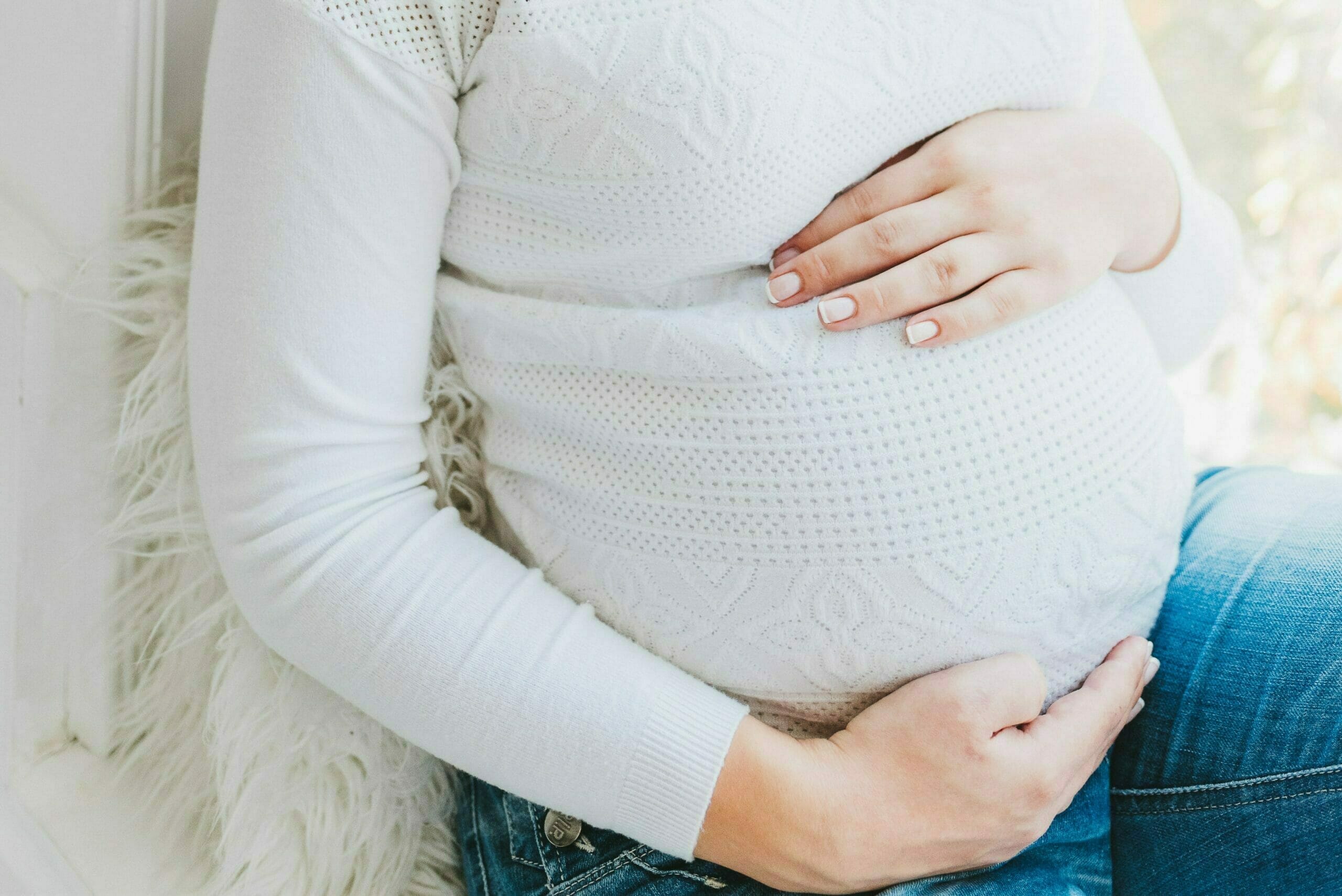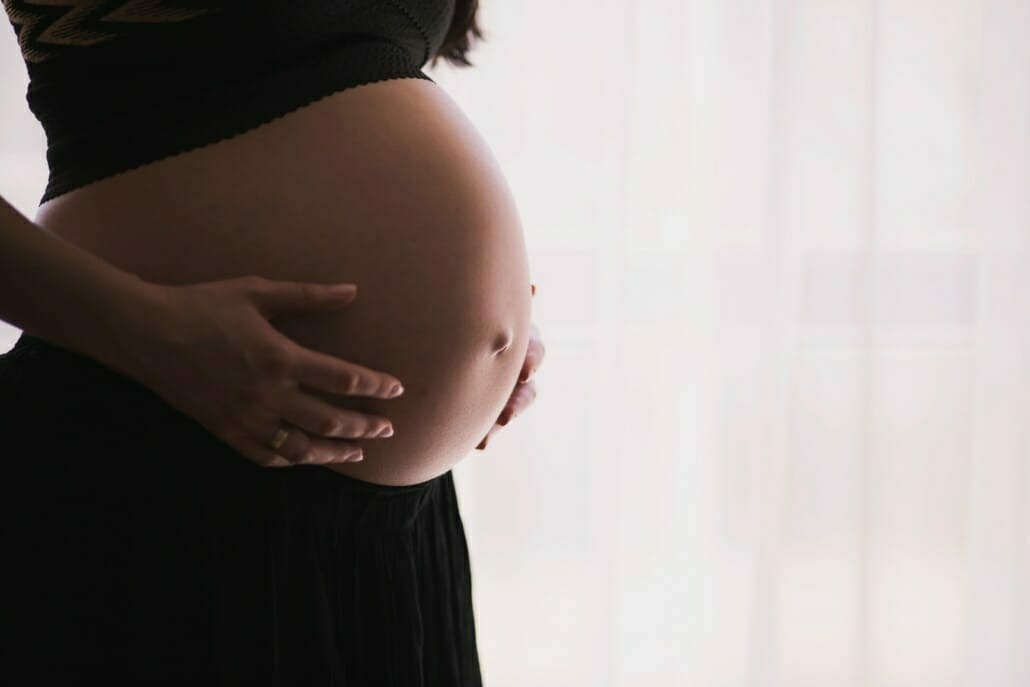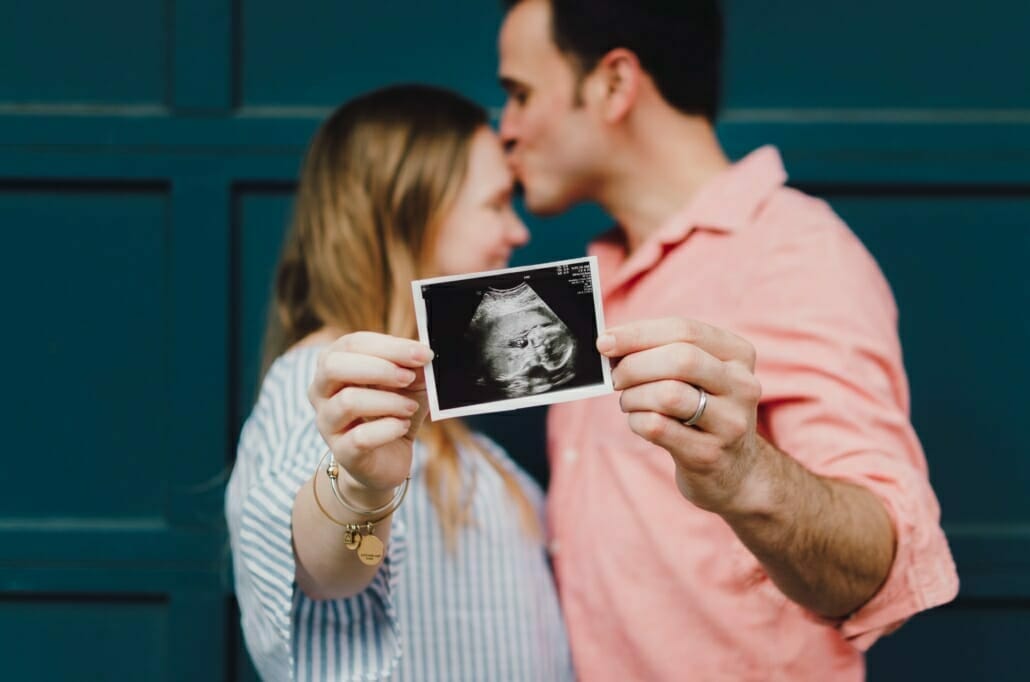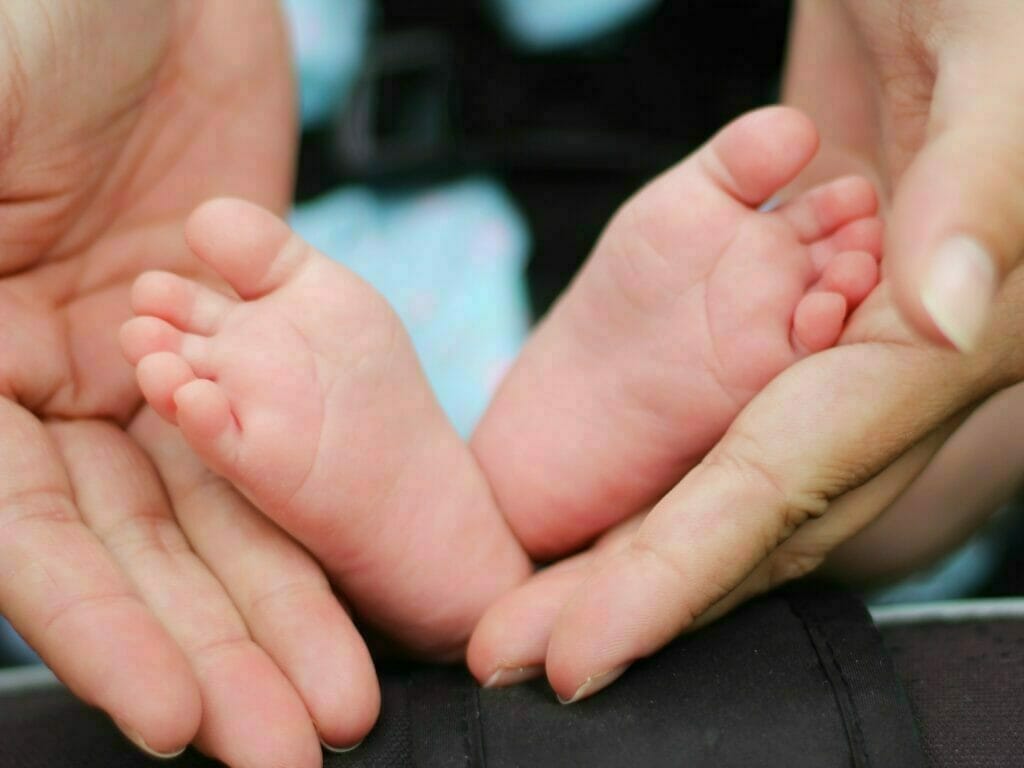Maternity leave Germany

Welcoming a new addition to the family is an exciting and transformative time in a woman’s life. If you’re working in Germany and expecting a child, you’ll be glad to know that the country has comprehensive maternity leave policies in place to support new mothers.
In Germany, pregnant employees are entitled to fourteen weeks of maternity leave, with a minimum of six weeks taken before the expected due date and eight weeks following childbirth. However, in certain circumstances such as premature birth, multiple births, or if your child is born with a disability, the maternity leave can be extended to eighteen weeks.
But what about financial support during this crucial period? That’s where maternity benefits come into play. During your statutory maternity leave, you have the right to claim maternity benefit, which provides financial assistance to ensure a smooth transition into motherhood.
Whether you’re currently expecting, planning for the future, or simply curious about the support system in place, this blog post will provide valuable insights into maternity benefits in Germany. Understanding your entitlements and navigating the application process is crucial for a stress-free and empowering experience during this special time in your life.
What is maternity protection?
Welcoming a new life into the world is a precious and transformative experience for any expectant mother. In Germany, expecting mothers are not only supported through maternity leave and benefits but also benefit from comprehensive maternity protection laws. Maternity protection is designed to safeguard the health and well-being of pregnant employees and their children, ensuring a safe and supportive work environment during this significant phase of life.
Maternity protection encompasses a range of important measures aimed at providing optimal conditions for the well-being of both mother and child. In this upcoming blog post, we will delve into the details of maternity protection in Germany, shedding light on the various aspects and rights afforded to pregnant and breastfeeding employees.

The pillars of maternity leave in Germany
One of the key pillars of maternity protection is ensuring the health and safety of pregnant employees in the workplace. This includes measures such as workplace assessments, adjustments to working conditions, and protection against exposure to hazardous substances or activities that could harm the mother or unborn child. We will explore these workplace health protections in detail, empowering expectant mothers with the knowledge they need to advocate for their well-being.
Additionally, maternity protection provides important safeguards against dismissal during pregnancy and after childbirth. This ensures that expectant and new mothers can focus on their health and the well-being of their child without the fear of losing their jobs.
Another crucial aspect of maternity protection is the prohibition of employment in the weeks leading up to and following childbirth. This period, known as the “employment ban,” allows mothers to prioritize their health and recovery while bonding with their newborns. We will explore the duration and conditions of the employment ban, giving expectant mothers a clear understanding of their rights and entitlements during this time.
Last but not least, we will address the financial aspects of maternity protection, including the safeguarding of income during the employment ban. Understanding the financial support available to expectant mothers ensures peace of mind and allows them to focus on the joyous moments of motherhood.
Which women are protected by maternity leave in Germany?
Maternity protection exists for all pregnant and breastfeeding workers. It does not depend on the type of employment. So you get maternity protection even if,
- you work part-time,
- You are undergoing vocational training and your training is based on an employment contract,
- You are marginally employed,
- You are a domestic worker,
- You are doing an internship that is necessary for your training,
- You are a volunteer within the meaning of the Youth Volunteer Service Act or the Federal Volunteer Service Act,
- You are a woman with a disability, employed in a workshop for disabled persons.
- Suppose you are employed on a fixed-term basis, for example, for testing purposes or to replace other employed persons. In that case, you’re covered by the Maternity Protection Act during pregnancy and after childbirth for as long as the fixed-term employment relationship continues. A fixed-term employment relationship also ends.
Whether you work part-time, are in vocational training, have a marginal employment arrangement, or even work as a domestic worker, you are entitled to the same level of protection and support during this significant phase of your life.
Furthermore, the Maternity Protection Act extends its coverage to certain circumstances with restrictions. This includes individuals working as development workers, pupils or students whose educational events are dictated by their educational institution, those engaged in remote employment or treated as equivalent to remote workers, and individuals who are considered economically non-independent but similar to employees.
It’s important to note that maternity protection applies to all pregnant and breastfeeding women in Germany, regardless of their marital status or nationality. The key factor is that you work in Germany or are subject to German employment laws, even if you are employed by a German company but work abroad.
Maternity benefits for apprentices
Even if you are undergoing vocational training based on an employment contract, maternity protection covers you. This ensures that your rights and well-being are respected, allowing you to navigate your training journey with confidence.
Maternity leave for interns
The scope of maternity protection also extends to those employed in internships that are necessary for their training. Whether you are a volunteer under the Youth Volunteer Service Act or the Federal Volunteer Service Act, or a woman with a disability employed in a workshop for disabled persons, you are guaranteed the same rights and protections as any other pregnant or breastfeeding worker.
Maternity protection for fixed term employees
Even if you are employed on a fixed-term basis, such as for testing purposes or to fill in for other employees, the Maternity Protection Act still applies to you. As long as your fixed-term employment relationship continues, you can rest assured that your rights under maternity protection legislation will be upheld.
We believe in equal rights and support for all women, regardless of their employment circumstances.

When maternity protection does not apply?
Maternity protection is available to all pregnant and breastfeeding workers, regardless of the type of employment. This includes part-time workers, those undergoing vocational training, and individuals with marginal employment. Even domestic workers, interns in necessary training programs, and volunteers under specific legislation can benefit from maternity protection.
It also does not matter whether you are married or your nationality. The only thing that matters is that you work in Germany, or German law applies to your employment relationship. It can also be the case, for example, if you are employed by a German company but work abroad.
The Maternity Protection Act does not apply, if:
- You are a housewife,
- You are exclusively self-employed,
- You are a member of the governing body of a company or
- are a managing director of a legal entity or company, and you do not predominantly also work as a team member.
- Maternity protection is only for pregnant or nursing women. Therefore, there is no maternity protection for adoptive mothers, for example.
Maternity protection is regulated by the Maternity Protection Act (Mutterschutzgesetz, MuSchG): the law for the protection of mothers at work, in training, and during studies.
When do I have to inform my employer about my pregnancy?
As an expecting mother, the decision of when to inform your employer about your pregnancy rests with you. It’s important, however, to consider the well-being of your unborn child, particularly during the first three months of pregnancy when certain risks may arise. By informing your employer about your pregnancy at the earliest opportunity, you provide them with the opportunity to ensure appropriate maternity protection measures are in place.
While you have the autonomy to choose when to share this news, notifying your employer sooner rather than later can be beneficial for both parties. By doing so, you allow your employer to take proactive steps to support you and ensure a safe and comfortable working environment throughout your pregnancy.
Informing your employer about your pregnancy opens the lines of communication, allowing for discussions about any necessary adjustments or accommodations that may be required to ensure your well-being.
This early notification allows your employer to consider factors such as workplace hazards, potential risks, and any necessary modifications to your duties or working conditions to provide optimal maternity protection.

My employer wants a medical certificate that I am pregnant
In some cases, your employer may request a medical certificate to confirm your pregnancy, particularly if verbal information is deemed insufficient. However, it’s important to know your rights and the boundaries of your privacy in such situations.
When your employer explicitly asks for a medical certificate, it is their responsibility to cover the costs associated with obtaining it. They cannot pass this expense onto you as the employee. It’s crucial to ensure that your employer upholds their obligation to cover any expenses related to the requested documentation.
Furthermore, your employer is bound by confidentiality regulations and must respect your privacy. They are prohibited from disclosing information about your pregnancy to third parties without your explicit consent.
Your personal and medical information should be treated with the utmost confidentiality and only shared with those who have a legitimate need to know, such as the appropriate HR personnel or relevant supervisors involved in ensuring your maternity protection.
Do I have to say that I am pregnant in a job interview?
The simple answer is: No, you are not obligated to disclose your pregnancy during a job interview. It is within your rights to keep this information private if you choose to do so. Pregnancy is considered a personal matter, and employers should not inquire about it during the hiring process. They should base their decision solely on your qualifications, skills, and experience relevant to the position.
If you are asked directly about your pregnancy during a job interview, you have the option to withhold this information or even provide a different response. You are under no obligation to provide truthful information in this specific context. It’s essential to remember that your privacy and protection from discrimination are paramount.
Similarly, you are not required to mention your pregnancy in your application documents, such as your resume or cover letter. These documents should focus on showcasing your qualifications and suitability for the role, allowing you to compete on an equal footing with other candidates.
However, it’s crucial to note that once you have accepted a job offer and the employment relationship has been established, you may need to inform your employer about your pregnancy. This is necessary to ensure your rights to maternity protection and any necessary accommodations or adjustments in the workplace.
How long is maternity protection before and after the birth?
The maternity protection period is several weeks before and after the birth. You are not allowed to work during this period.
- The maternity protection period begins six weeks before the expected date of birth and
- usually ends eight weeks after the birth.
- If your child is born before the expected date, the maternity protection period will still last 14 weeks. It does not end eight weeks after the birth but a few days later – as many days as your child was born before the due date.
The situation is different if your child was born so early that it is medically considered a premature birth (for example, if your child weighs less than 2,500 grams). In the case of premature birth, maternity protection lasts for 12 weeks after the delivery. It increases the total maternity protection period from 14 weeks to 18 weeks.
You will receive your full eight weeks of maternity leave even if your child is born after the due date. The maternity protection period then applies to you a few days longer, depending on the actual date of birth.
The maternity protection period also ends 12 weeks after the birth, if:
- You give birth to twins, triplets, or other multiples, or
- In the case of births of children with disabilities, you apply to your health insurance fund for an extension of the maternity protection period.

What is the difference between maternity protection and maternity protection period?
Maternity protection and the maternity protection period are two important concepts related to the rights and well-being of pregnant employees. While they are interconnected, it’s crucial to understand their distinct meanings and implications.
Maternity protection encompasses a range of measures aimed at ensuring the health and well-being of pregnant or breastfeeding employees. It includes provisions for health protection at the workplace, entitlement to suitable working conditions for mothers, protection against dismissal, and income protection during the prohibition of work.
This comprehensive protection applies both before and after childbirth, offering support to expectant and new mothers during this crucial time. It is important to note that certain provisions of maternity protection also extend to schoolgirls and students, providing them with necessary support and safeguards.
On the other hand, the maternity protection period refers to the specific duration during which an employee is not allowed to work before and after giving birth.
Often referred to as “maternity leave,” this period typically begins six weeks before the expected date of birth and extends for eight weeks after the birth, resulting in a total of 14 weeks.
It is important to highlight that during the period preceding childbirth, an employee has the option to continue working if she expressly wishes to do so.
While maternity protection focuses on the various measures and entitlements provided to pregnant employees, the maternity protection period specifically defines the duration during which a mother is prohibited from working before and after giving birth.
What is protection against termination?
Protection against termination is a crucial aspect of maternity protection in the workplace. It ensures that employees are shielded from being dismissed by their employers for a specified period, offering job security during significant stages related to pregnancy and childbirth.
The protection against termination begins from the moment you become pregnant and extends until the end of your protection period after childbirth. During this time, your employer is legally prohibited from terminating your employment based on your pregnancy or related circumstances.
Additionally, the same protection against dismissal applies for four months following a miscarriage that occurs after the twelfth week of pregnancy. These periods of protection against dismissal aim to provide stability and support for women during pregnancy and the postnatal period.
It’s important to note that your employer is not obligated to provide protection against dismissal until they are aware of your pregnancy, the birth of your child, or a miscarriage. Therefore, it is crucial to inform your employer promptly to activate your legal rights and ensure that you are safeguarded against any potential termination.
In the event that your employer terminates your employment before you have informed them of your pregnancy, you still have a grace period of up to two weeks from the date of termination to notify them. If you miss this deadline due to circumstances beyond your control, it is essential to promptly provide the necessary information to your employer to activate the protection against dismissal.
This protection also applies if you were unaware of your pregnancy or were uncertain at the time of receiving the notice of termination. However, it is necessary for you to have been pregnant at the time you received the termination notice to qualify for this protection.

How long must my employer give me time off for breastfeeding?
Your employer is required to grant you time off for breastfeeding until your child’s first birthday if you choose to breastfeed. This time off should be provided for a minimum of twice 30 minutes or once one full hour per day. It is essential to communicate your request for time off either verbally or in writing.
During this designated time, you are not expected to work, and your pay should not be reduced. Importantly, the time off for breastfeeding should not be counted towards your regular rest breaks.
If you work more than 8 hours without having a rest break of at least 2 hours, you are entitled to a minimum of 45 minutes for breastfeeding twice a day. In cases where you are unable to breastfeed near your workplace, you have the right to request a breastfeeding period of at least 90 minutes.
When it comes to determining the specific times, locations, and durations for breastfeeding, you have the autonomy to decide for yourself. In the event of any disagreements with your employer regarding these arrangements, you can seek assistance from your supervisory authority.
They can provide guidance and support in establishing suitable breastfeeding times and help enforce them against your employer, ensuring your rights are upheld.
It is important to note that even if you work part-time, you are still entitled to time off for breastfeeding. Regardless of your working hours, your right to support and facilitate breastfeeding is protected by law.






